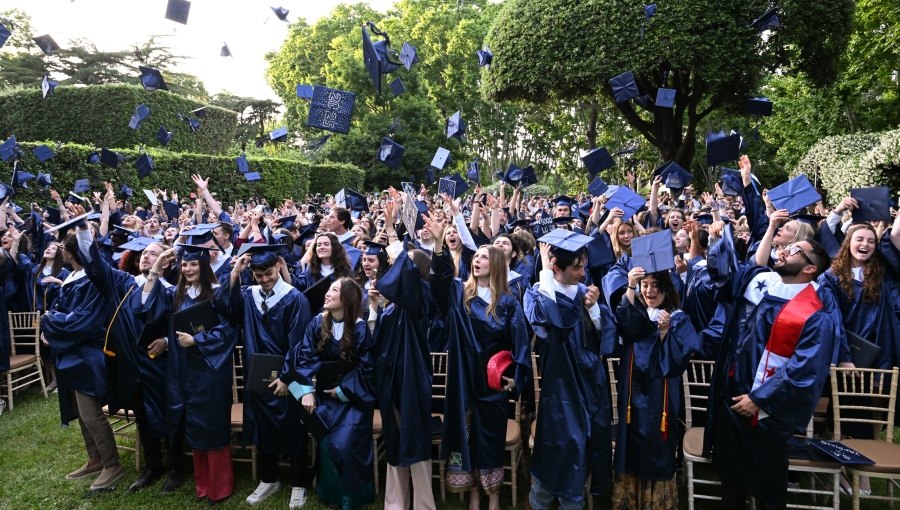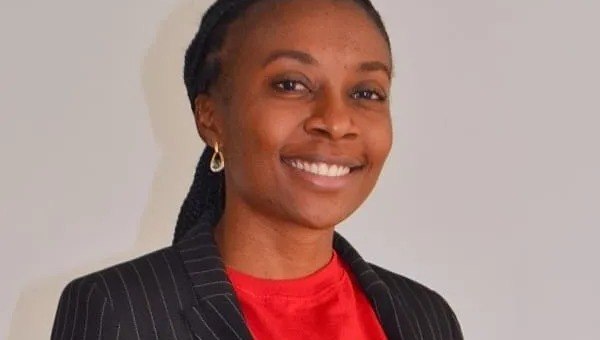Meet Communications Professor Kwame Phillips
Professor Kwame Phillips is an anthropologist and filmmaker. Born in London and raised in Jamaica, he joined John Cabot’s Department of Communications in the Fall of 2016. Professor Phillips has traveled all over the world teaching digital storytelling in underserved communities. He works with Filmmakers Without Borders, an organization “committed to leveraging the filmmaking process as a vehicle for promoting student empowerment and cross-cultural exchange in the developing world.”
Can you tell us more about your involvement with Filmmakers Without Borders?
The heart of Filmmakers Without Borders is not only cross-cultural exchange, but also giving underserved communities the tools to tell their own stories. With the organization we’ve taught workshops on media production in places like Pakistan, the Maldives and Thailand. Our job is to give people the training, and then to step aside and allow them the freedom to decide on how to apply the tools we’ve given them. This is something I continue to do here at JCU: fostering the students’ imagination without imposing my own vision.
What is your teaching philosophy?
I want my classes to be safe spaces where students aren’t consumed by what their grade is going to be, allowing them to focus more on the learning process. A place where people feel free to share ideas, to ask questions, to experiment with different media and techniques according to their inclinations. I don’t expect all students to come in at the same level, but the aim is to have them acquire the skills necessary to be successful both in their major and in the world.
Name a challenge you have encountered during your career as a professor. How were you able to overcome it?
One big challenge I encountered was in Thailand. The issue was that I didn’t speak Thai and my students there didn’t speak English. In the beginning we tried solving the problem with an interpreter. However, that was not ideal as it set a barrier between myself and the students, so I tried something new. At the beginning of every class, I would write the key terms of whatever we were doing on a specific day on the board, and then I’d try to find a way to translate it, either with Google Translate, pictures, or by acting it out. Once the students understood the concept, they would write the translation in Thai. What this experience taught me is that teaching is more than just communicating words. It is about getting people to understand theories, concepts and language in a broader sense.
What is your first impression of JCU?
It’s been going very smoothly so far. What I try to do is enjoy my classes as much as possible, hoping this will transfer to the students too. The Department of Communications has been really supportive and I feel that I am part of something that is expanding and constantly redefining itself. That is a great thing for a young academic. I wanted the opportunity to make an imprint in terms of where the department is moving, and this is what I’ve been made to feel every step of the way.
What are your next projects?
I just had a film showing at a festival in Macedonia and I have a lot of raw footage that I shot while I was in Thailand, so I decided I’m not going to film anything for a year in order to complete editing on existing projects. Next I plan to complete an art film in collaboration with two dancers, a poet and an illustrator. We will try to create something in the documentary realm that explores issues of gender and loss of innocence, with a poetic approach.






